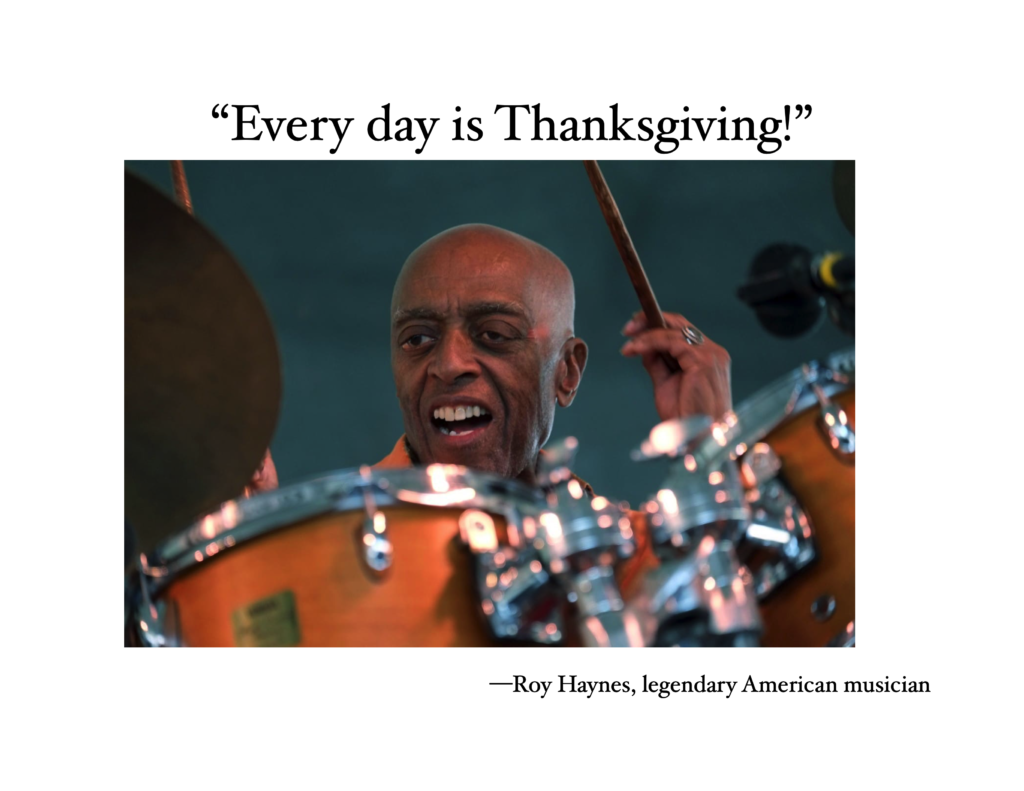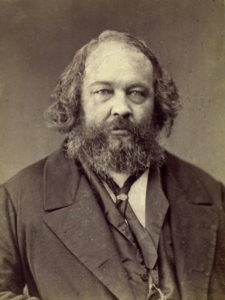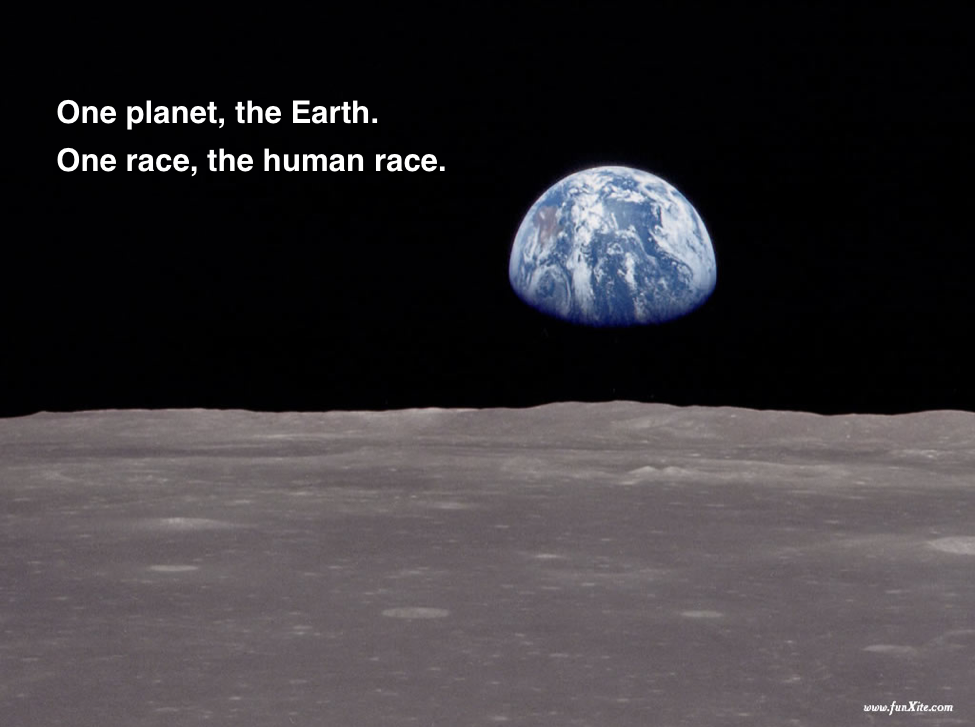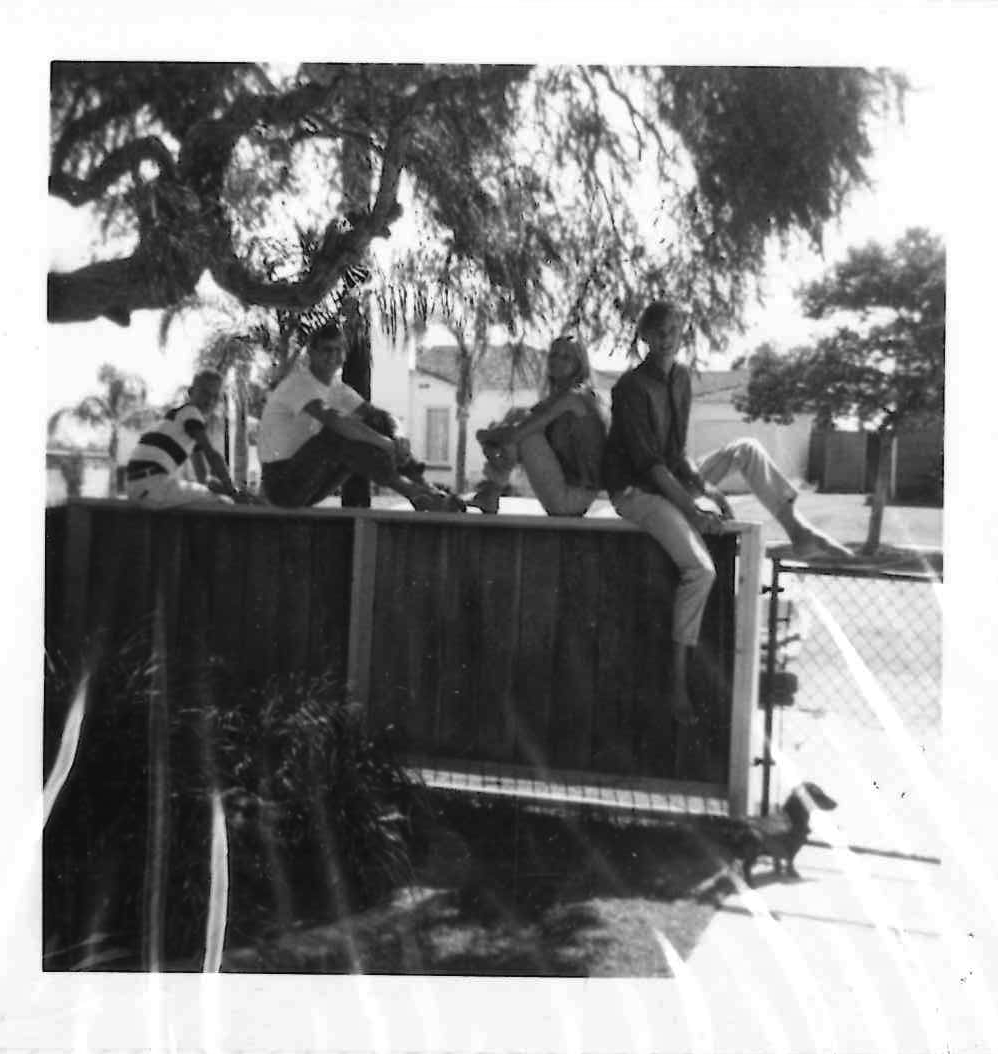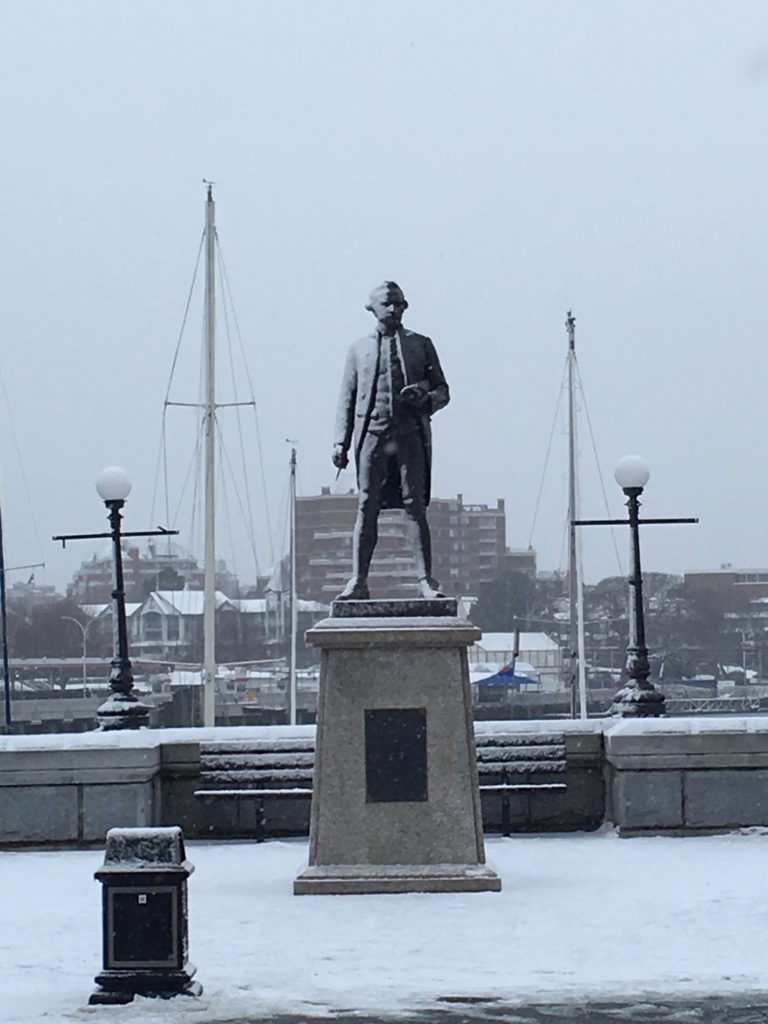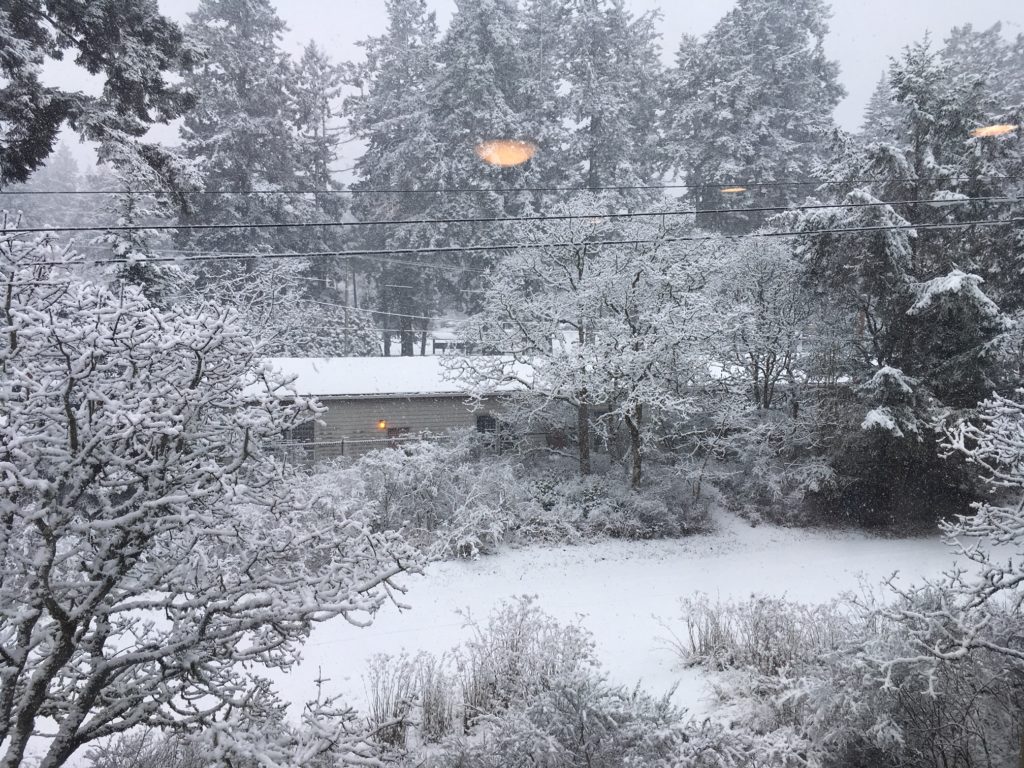This revolutionary approach to diet and fitness will transform your body, and your life.
We begin with the vertigo attack—or rather, attacks. This involves at least a week of absolute misery: dizziness, followed by nausea, sweats, and violent vomiting. One’s desire to eat disappears entirely, and thus the path to a healthier diet begins. Being completely dysfunctional, you arrive one way or another in the local hospital’s emergency room. Once they have taken blood and given you an EKG to be sure that you are not in immediate danger of death (although death, at this point, begins to look mighty attractive indeed), you sit—and sit—and sit, waiting to see the doctor. During this time, you continue to have intermittent attacks, groaning piteously and finally dry-heaving (your stomach has been empty for hours now) into whatever receptacle they provide for you.
At last you see the doctor, who tells you that you probably have ordinary vertigo so it’s nothing to worry about too much, and then sends you back to the waiting room with an IV drip of saline solution (to treat your dehydration) and then dramamine (to treat your nausea). During these hours in the ER waiting room you eventually realize, through hard experience, that trying to take your mind off your misery by consulting your smartphone or reading the book that you cleverly brought with you is a grave, grave error. Why? Because every such attempt at diversion simply triggers another body-wrenching attack. Before you figure this out, however, you have more attacks, they give you more dramamine which has no effect whatsoever, and then they tell you that they want to find you a bed and keep you overnight and give you a CT scan, just in case. Sending the patient home only to have him drop dead of a stroke seems to be bad form in the hospital biz.
Depending on what time of day you arrive in the cardiac ward, you may wait several more hours (or overnight) for your first meal since . . . well, you can’t remember since when. With that meal, when it finally arrives, comes another revelation: the portion sizes are Lilliputian. Imagine eating with a child’s plastic tea set for dishes, and you will have the right idea. Miraculously, this modest, thimble-sized repast leaves you . . . quite satisfied. Then it dawns on you: however sane, natural, organic, or vegetarian your diet may have been until now, you have been eating way too much!
Assuming that your CT scan is satisfactory (“Your CT scan is beautiful!” said the nurse. “You are very kind,” I replied, “but I still feel terrible.”) you will receive another visit from a different doctor who will explain all about vertigo and what you need to do going forward, and will give you a prescription that might help you. Vertigo is a wonder of 21st century medicine in that no one seems to know what causes it, the treatment works only variably, no one knows how to prevent it, and it may recur at any moment.
Once you arrive home, a word of advice: do not, I say, do not under any circumstances take your rest on a soft, bouncy bed. If you are like me, the jiggling produced merely by shifting your weight or turning from one side to the other will bring on another round of spinning, nausea, and sweats, and soon you will find yourself on hands and knees, crawling toward the bathroom in the dark. Take my advice and sleep on the floor. I mean it.
We are nearing, now, the fitness component of this revolutionary plan for rejuvenation. Take note of all the things you cannot do. You cannot read, or use the computer, or look at your smartphone. You cannot walk about. You cannot do dishes, or put a load of laundry in the washing machine, or clean the bathroom (though it likely needs it). It is easier to say what you can do. You can sit, with eyes closed, or lie down (on the floor!) with eyes closed. You can listen to music, or to the radio, or to an audiobook. You can nap. You can sleep. Just barely, you can eat a Lilliputian portion of food three or four times a day, to take with your pill. And . . . you can exercise!
Yes! Lying on the floor, as you listen to whatever you are listening to, you can do leg lifts, first from your right side, then your left, then from your back. You can stretch your hamstrings, your quads, and whatever else you wish. You can lie on your back, bring your knees up, and then push your pelvis up into the air, holding it there as long as you like. You can do isometric exercises of your biceps and triceps, and of other things as well, no doubt.
When you book an appointment with the physiotherapist, you will be shown another series of exercises designed to rehabilitate your vestibular system (notice, too, the good effect of this dreadful ordeal on your vocabulary!) which you can add to your home exercise regime.
By the time your vertigo recedes, God willing, you will have transformed your life, and your body. You will be slimmer. You will be spending one-half or one-third of what you previously spent on food. You will be strong, and supple. You will have utterly broken whatever social media addictions you may have suffered under previously, and the thought of spending any more time than absolutely necessary on a computer or a smartphone will be abhorrent. You will want, instead, to take walks, during which you marvel at the mundane miracle of being able to walk without falling down. Filled with soul-cleansing gratitude, you will marvel, too, at similar mundane miracles: flowers, trees, clouds, children, dogs, and people in all their mundane variety.
And you will owe all these blessings to the Vertigo Plan.



